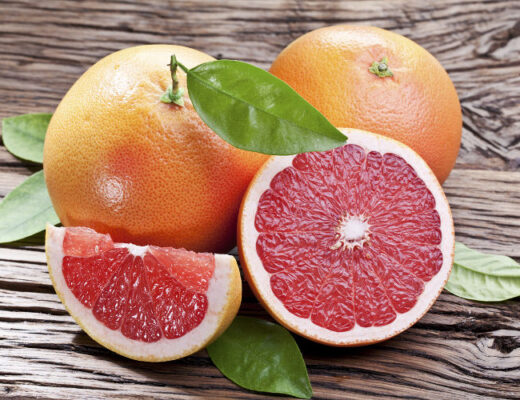Background
Niacin, also known as vitamin B3, is an essential nutrient for geese and plays an important role in their health and well-being. Without adequate intake of niacin, geese can develop a deficiency which can lead to a variety of symptoms including loss of appetite, skin lesions, and neurological problems. In some cases, niacin deficiency can even be fatal if not treated promptly. Fortunately, the condition is relatively easy to treat with a simple diet change. Geese need to be provided with food containing sufficient amounts of niacin in order to ensure they maintain a healthy level in their bodies. Vitamin B3 supplements can also be given to geese, as a preventative measure against niacin deficiency, or to treat it when symptoms do occur. Additionally, veterinarians can advise on the best ways to ensure that geese are getting the niacin they need to stay healthy and thrive.
Signs/Symptoms
Niacin deficiency in geese can have serious health consequences. As with any vitamin or mineral deficiency, knowledge of the signs and symptoms and early detection is essential. Here are some of the most common signs and symptoms associated with niacin deficiency in geese:
- Lethargy
- Depression
- Weight loss
- Diarrhea
- Weakness
- Loss of appetite
- Decreased egg production
- Skin abnormalities
- Increased susceptibility to disease
It is important to note that the signs and symptoms of niacin deficiency in geese can vary from one individual to another. If you suspect that your geese may be suffering from a niacin deficiency, contact an avian veterinarian for further advice and treatment.
Causes
Niacin deficiency, a condition also known as avian pellagria, can have serious health implications for geese. The lack of niacin, a form of vitamin B3, can be caused by a number of things. In the wild, insufficient diets lacking essential nutrients can lead to niacin deficiency. A goose that is kept in captivity may be fed a diet of low-quality food or given insufficient amounts of food, leading to the same deficiency. Certain medical conditions, such as liver disease, can cause niacin deficiency by preventing absorption or preventing the conversion of other vitamins and proteins into usable niacin. Lastly, stress can also lead to niacin deficiency as the goose’s body may not be able to produce or store enough of it. Therefore, it is important to keep an eye on your goose’s health and diet to prevent any niacin deficiency.
Treatment
Niacin deficiency in geese can be treated with vitamin B3 supplements. These supplements can come as tablets, capsules, or powder, and can be given to the geese either orally or through injections. It is important to consult with a veterinarian to ensure that the correct dosage is given, as giving too much can lead to adverse side effects. If the niacin deficiency is severe, a veterinarian may even suggest a specialized diet to help the geese get the vitamins they need. Other dietary supplements, such as omega-3 fatty acids, may also be recommended. With proper treatment, the geese should be able to make a full recovery.
Prevention
When it comes to preventing niacin deficiency in geese, the best option is to provide them with a balanced and healthy diet. A diet that is rich in niacin and other essential vitamins and minerals is necessary for geese to stay healthy and strong. Additionally, including a daily vitamin supplement in geese’s diet can also help to prevent niacin deficiency. Maintaining the proper environmental conditions and providing plenty of exercise opportunities can also help to prevent niacin deficiency in geese. When it comes to medical treatment, it is important to seek advice from a veterinarian for any medical conditions. Early detection and treatment are the most effective methods for preventing niacin deficiency in geese.





No Comments